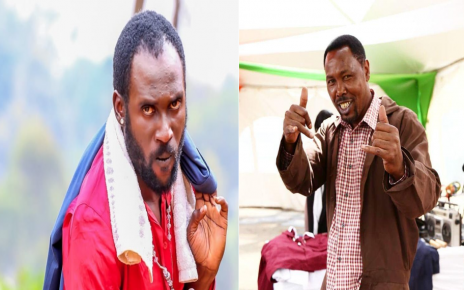The shocking murder of Nairobi-based lawyer Mathew Kyalo Mbobu has cast a dark shadow over Kenya’s legal fraternity and ignited fresh concerns about insecurity in the capital. Kyalo, described by his family as a man of integrity and a pillar of strength, was gunned down in cold blood on September 9, 2025, along Magadi Road. His brutal death has left his loved ones shattered and raised urgent questions about the safety of legal professionals in the country.
On that fateful evening, Kyalo was driving home from work when assailants on a motorcycle struck. In a chillingly calculated attack, the gunmen opened fire, shooting him five times before speeding away into the night. The lawyer died instantly, his life cut short in a manner that bore all the hallmarks of a premeditated execution. The brazen nature of the killing, carried out in the midst of a traffic jam, left eyewitnesses horrified and underscored the vulnerability of ordinary citizens on Nairobi’s roads.
In the aftermath of the tragedy, Kyalo’s family has spoken with a mixture of grief and determination. His younger brother, who is also a lawyer, called on the Directorate of Criminal Investigations (DCI) and the government to pursue the killers relentlessly and ensure that justice is served. For the family, the murder is not only a devastating personal loss but also an assault on the values Kyalo stood for—justice, fairness, and service to others.
The murder has also stirred broader reflection on the risks faced by lawyers and other professionals who work in sensitive spaces. In Kenya, the legal profession often intersects with high-stakes disputes involving land, business, or politics. These cases can sometimes expose practitioners to hostility and even targeted violence. Kyalo’s death, therefore, raises troubling questions: Was he killed because of his professional work? Or was the attack driven by unrelated motives? Until investigations are completed, such questions will linger, fueling speculation and fear within the legal community.
Public reaction to the murder has been marked by outrage and sorrow. Many Kenyans have taken to social media to express solidarity with the family, condemn the rising wave of violent crimes, and demand accountability from the authorities. For them, the tragedy symbolizes a much deeper crisis—an erosion of public safety in a country where violent crime, particularly by armed motorcycle gangs, has become disturbingly common.
Yet amid the grief, there is also a rallying call for change. Kyalo Mbobu’s murder is more than a personal tragedy; it is a test of Kenya’s criminal justice system. How swiftly and effectively the state responds will determine not only whether his killers are punished, but also whether citizens can regain confidence in their own security.
The memory of Kyalo, described as principled and hardworking, now carries a moral weight. His death is a reminder of the sacrifices made by those who dedicate their lives to upholding justice, even in the face of risk. For his family, colleagues, and a grieving public, the pursuit of justice for Kyalo is not optional—it is a duty that must be fulfilled.



